SCIENCE
News in English
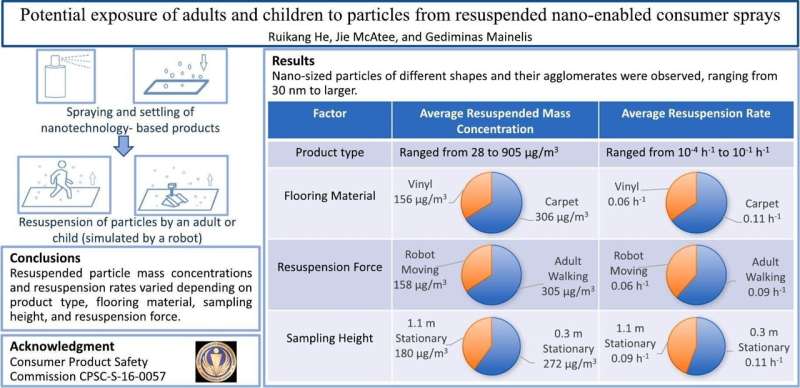
Scientists have found particles altered at the 'nanoscale' can differ in important ways from the properties of the same material in aggregated form. Some nanoparticles are stronger or have different magnetic properties compared with other forms or sizes of same material. The study also showed resuspension of particles from carpets produced a higher concentration of particles than from the vinyl flooring.
#SCIENCE #English #GB
Read more at Phys.org
#SCIENCE #English #GB
Read more at Phys.org

Star Trek was a “must-see” programme for anyone interested in space exploration. Much of the series' success was due to it being aired in the middle of the space race and, in particular, to put a man on the Moon. At the time, many of the things shown in the series have become our everyday items. The mobile phone is the obvious one. Some of us may be used to asking Alexa, Siri or Google Assistant to find the answers.
#SCIENCE #English #GB
Read more at Welwyn Hatfield Times
#SCIENCE #English #GB
Read more at Welwyn Hatfield Times
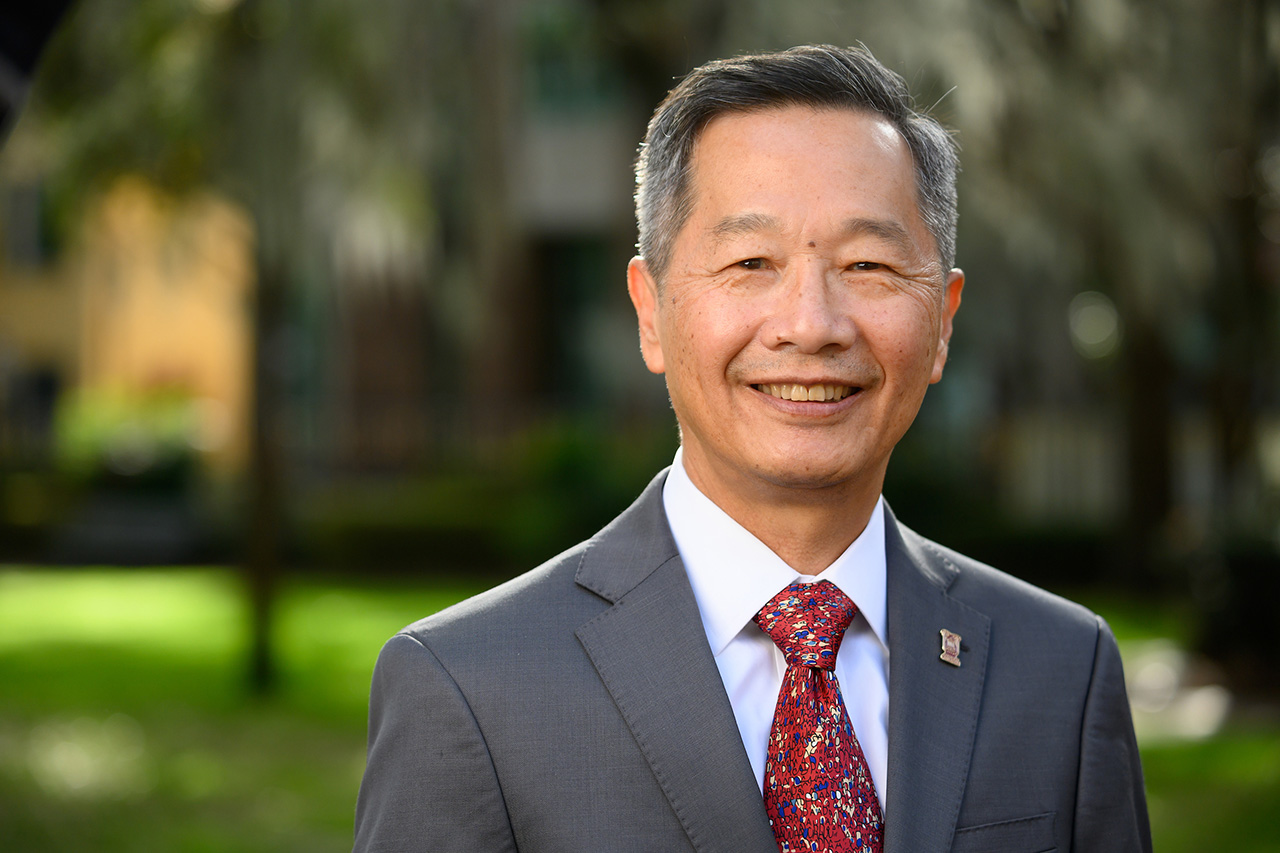
The Conversation examines the recent U.S. Supreme Court hearing on presidential immunity. Mandel Ngan/AFP has published an article, “Trump’s Immunity Arguments at Supreme Court Highlight Dangers” for The Conversation.
#SCIENCE #English #TZ
Read more at College of Charleston
#SCIENCE #English #TZ
Read more at College of Charleston

In a recent study published in the journal Antiquity, researchers at UC San Diego, the University of Haifa and Bar-Ilan University share new evidence suggesting at least one village formerly thought abandoned remained occupied, but thrived throughout this period. They traced these organic materials back to the Early Pottery Neolithic (EPN), which coincided with both the invention of pottery and the 8.2ka event. The researchers have been able to recreate their excavation, virtually, and 3D-print arti
#SCIENCE #English #ZA
Read more at Phys.org
#SCIENCE #English #ZA
Read more at Phys.org
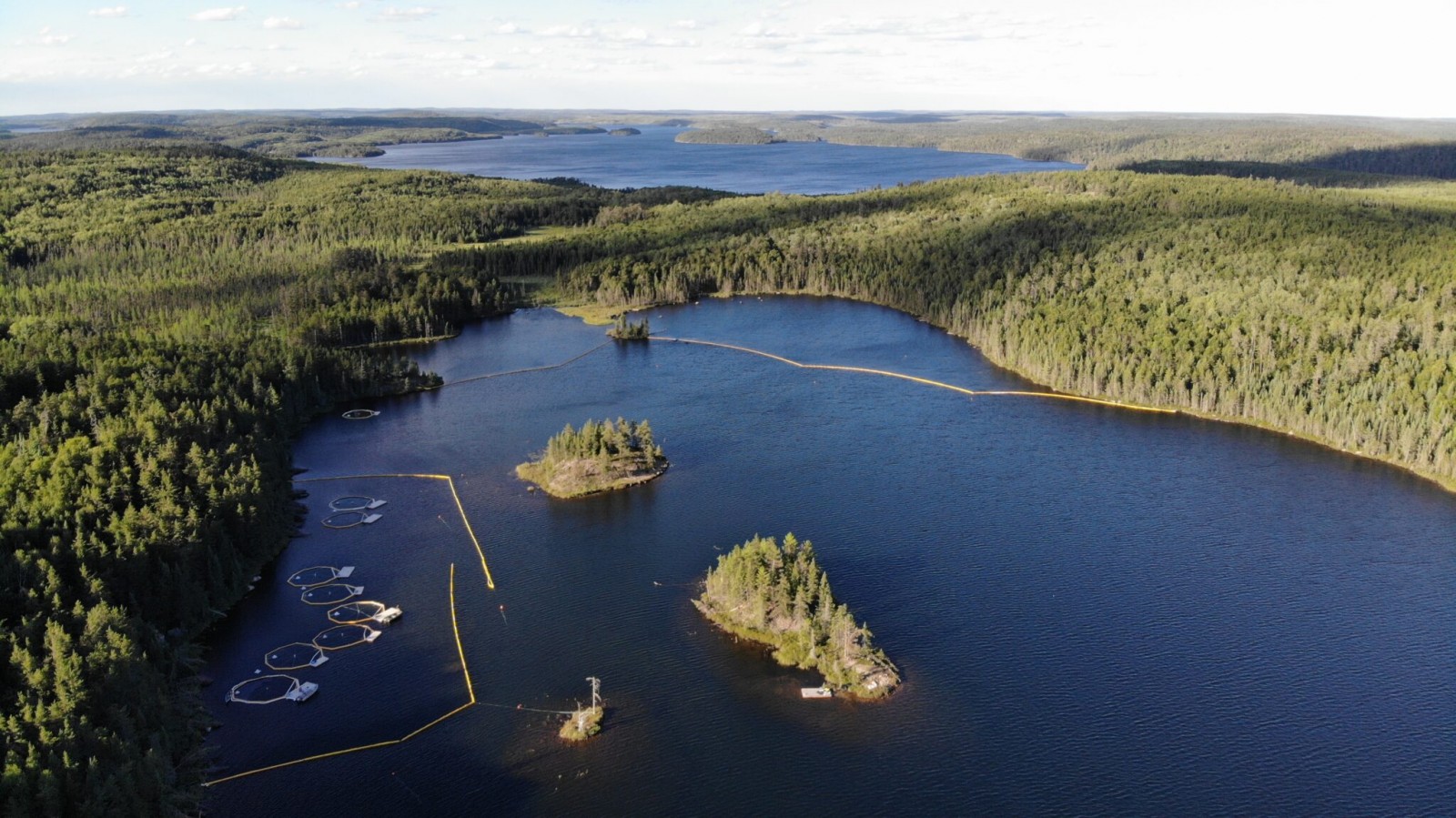
Science Says What? is a monthly column written by Great Lakes now contributor Sharon Oosthoek exploring what science can tell us about what’s happening beneath and above the waves. The oil flowed black and shiny, coating turtles and waterfowl with a smelly goo and transforming grasses and bushes along the banks from green to oily black. By the time engineers closed the pipeline valves, an estimated 3.2 million liters (843,000 gallons) had
#SCIENCE #English #ZA
Read more at Circle of Blue
#SCIENCE #English #ZA
Read more at Circle of Blue
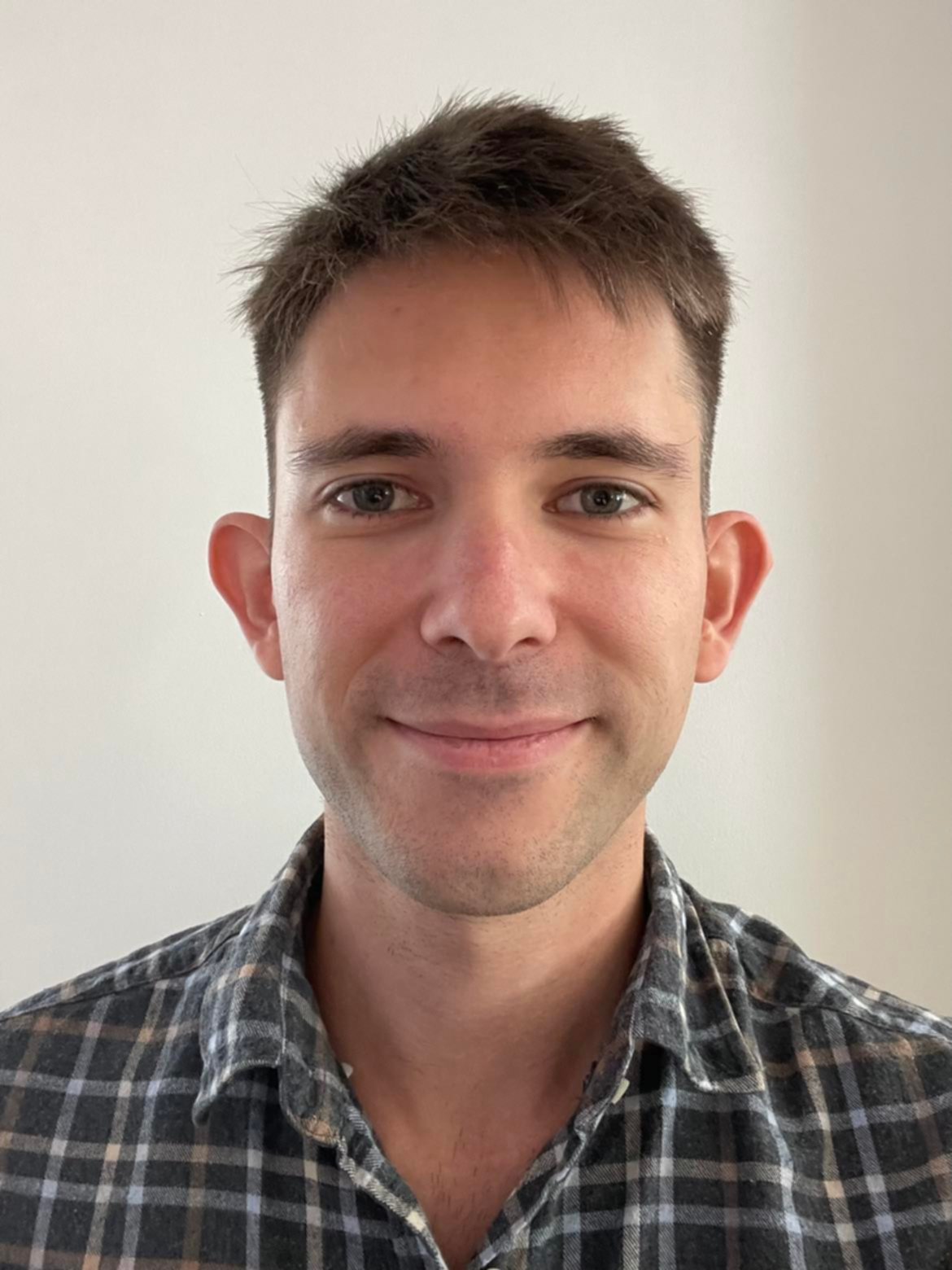
Most people catch the common cold at least once a year, making the seasonal sniffles a staple of the human experience. But it's possible that some of the earliest Homo sapiens were catching colds at least 300,000 years ago, the time the oldest archaeological evidence of our species dates to. Scientists have different hypotheses as to when cold viruses first took off.
#SCIENCE #English #ZA
Read more at Livescience.com
#SCIENCE #English #ZA
Read more at Livescience.com
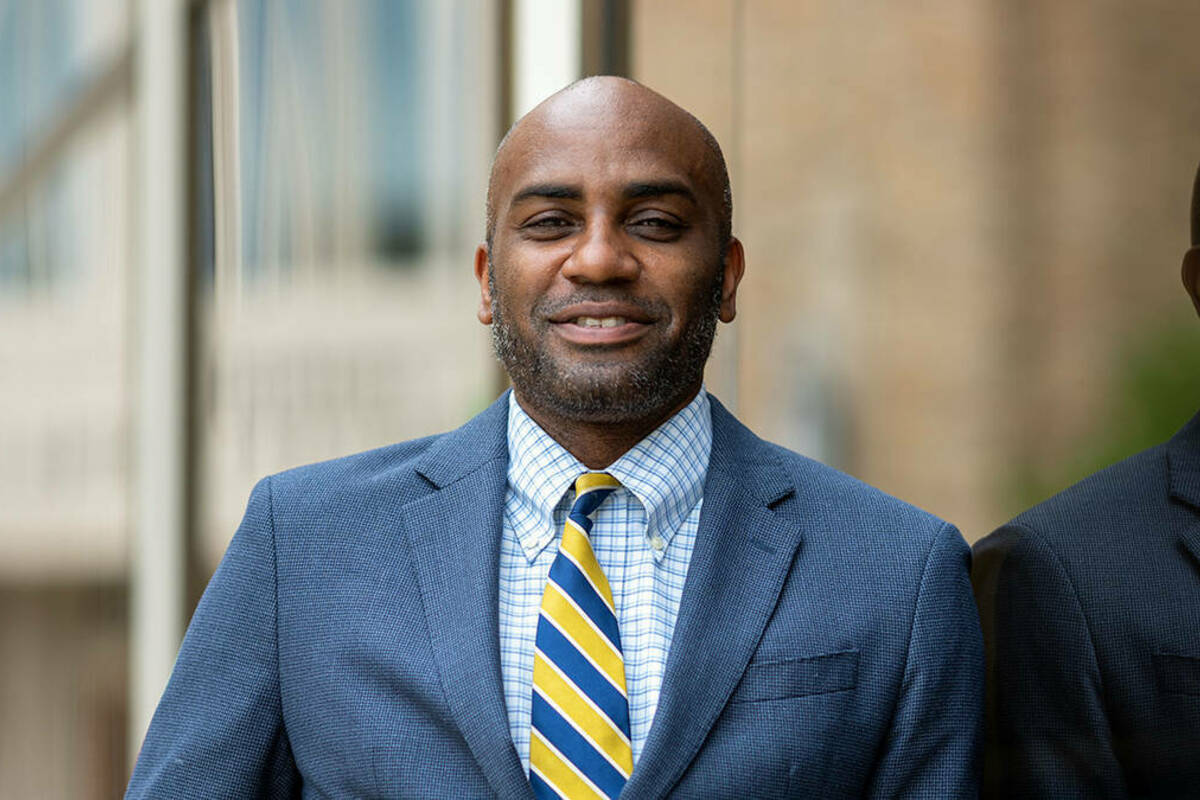
Faculty from College of Arts and Letters and the College of Engineering are working together to integrate responsible computing instruction across the undergraduate curriculum. The project, “Computing, Culture, and Society: A Community-based, Intersectional Approach to Responsible Computing Across the Curriculum,” is led by Katherine Walden, an assistant teaching professor in the Department of American Studies, and Karla Badillo-Urquiola, the Clare Boothe Luce Assistant Professor of Computer Science and Engineering.
#SCIENCE #English #PH
Read more at ND Newswire
#SCIENCE #English #PH
Read more at ND Newswire
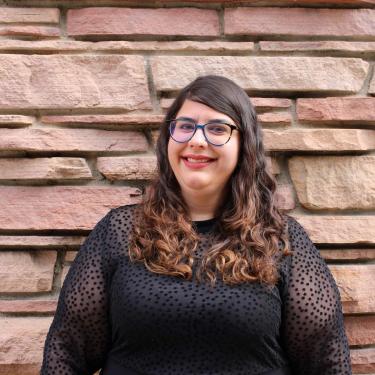
Taking place from 2021-2030, this decade-long framework seeks to stimulate ocean science and knowledge generation to reverse the decline of the state of the ocean. From April 12-14, 2024, over 1,500 scientists, government and UN officials, philanthropic organizations, industry leaders, students, and communicators came together to look towards the future of scientific contributions at the 2024 Ocean Decade Conference. Dr. Jai Tiarks (they/them) has a background in freshwater ecology and is
#SCIENCE #English #PK
Read more at noaa.gov
#SCIENCE #English #PK
Read more at noaa.gov
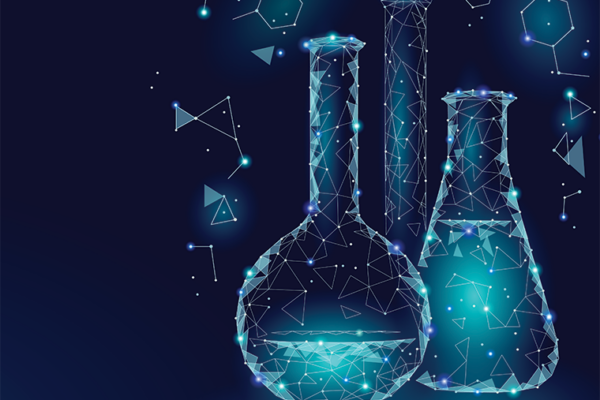
Jennifer Heemstra was installed as the Charles Allen Thomas Professor in Chemistry in Arts & Sciences at Washington University in St. Louis. Her installation lecture was titled “Biomolecules do amazing things and I work with amazing people.” She is currently chair of the Department of Chemistry.
#SCIENCE #English #NG
Read more at Washington University in St. Louis
#SCIENCE #English #NG
Read more at Washington University in St. Louis

Biology professor Jeff W. Lichtman will assume the role on July 1. He will succeed current Sciences Dean Christopher W. Stubbs. The selection ends a busy few weeks for Hoekstra.
#SCIENCE #English #NA
Read more at Harvard Crimson
#SCIENCE #English #NA
Read more at Harvard Crimson